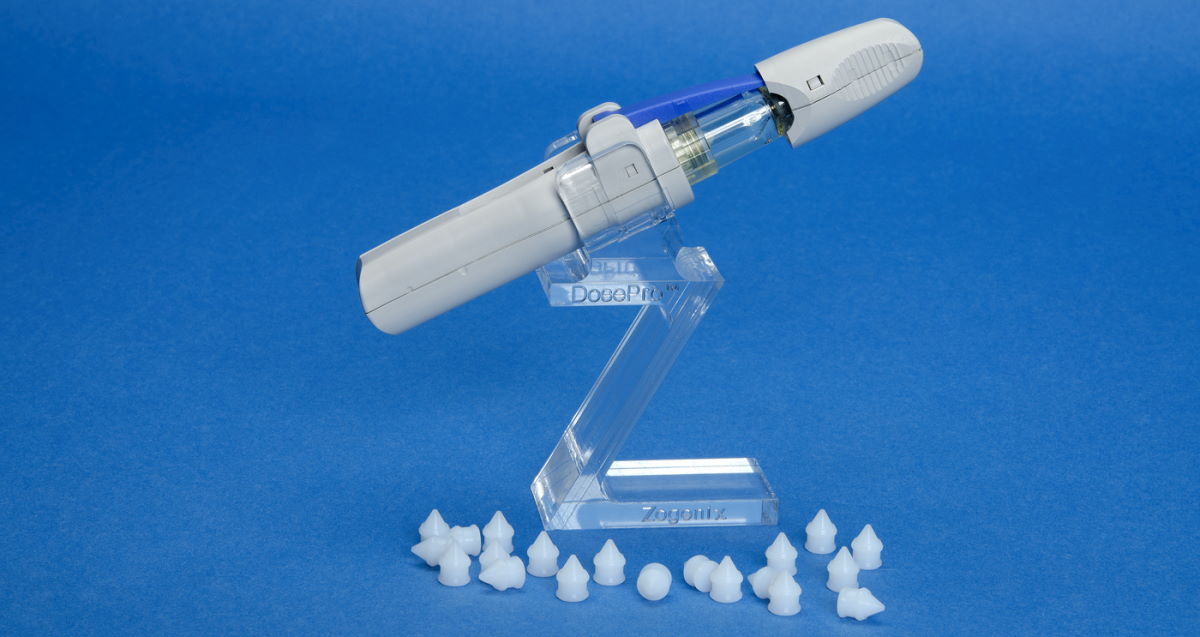The Critical Role of Fluoropolymers in Modern Medical Technology
04/10/24
Blog
 Back
Back

In the ever-evolving landscape of medical technology, fluoropolymers have emerged as indispensable materials, revolutionizing various aspects of healthcare. These versatile synthetic fluorocarbon-based polymers, known for their exceptional chemical resistance, thermal stability, and low friction properties, have found widespread applications in medical devices, surgical instruments, and pharmaceutical processing equipment.
Unique Properties Driving Adoption
Fluoropolymers, such as polytetrafluoroethylene (PTFE), fluorinated ethylene propylene (FEP), and polyvinylidene fluoride (PVDF), offer a unique combination of properties that make them ideal for medical applications:
1. Chemical Inertness: Resistant to most chemicals and solvents, ensuring minimal interaction with bodily fluids and medications.
2. Biocompatibility: Low risk of adverse reactions when in contact with living tissues.
3. Non-stick Surface: Reduces the risk of bacterial adhesion and simplifies cleaning processes.
4. Thermal Stability: Maintains integrity under sterilization temperatures and various environmental conditions.
5. Low Friction: Facilitates smooth movement in applications like catheters and guide wires.
Applications in Medical Devices
Fluoropolymers play a crucial role in numerous medical devices:
Catheters and Tubing
PTFE and FEP are commonly used in the production of catheters and tubing for minimally invasive procedures. Their low friction surfaces allow for smooth insertion and removal, reducing patient discomfort and the risk of tissue damage.
Implantable Devices
From artificial heart valves to orthopeadic implants, fluoropolymers provide long-term stability and biocompatibility. PTFE-coated stents, for instance, have shown reduced rates of restenosis compared to bare metal stents.
Surgical Instruments
Fluoropolymer coatings on surgical instruments enhance their non-stick properties, making them easier to clean and sterilize. This is particularly valuable in laparoscopic and robotic surgery tools.
Pharmaceutical Processing
In pharmaceutical manufacturing, fluoropolymers are essential for maintaining purity and preventing contamination:
Fluid Handling Systems
PTFE and PVDF are used in pumps, valves, and piping systems due to their chemical resistance and ability to maintain product purity.
Filtration Membranes
Fluoropolymer membranes, particularly those made from PVDF, are widely used in biopharmaceutical filtration processes due to their excellent chemical compatibility and low protein binding characteristics.
Diagnostic Equipment
Fluoropolymers contribute to the reliability and accuracy of various diagnostic tools:
Laboratory Equipment
From beakers to pipette tips, fluoropolymer-based labware offers chemical resistance and precise liquid handling capabilities.
Imaging Equipment
PTFE is used in the production of insulation for MRI machines, ensuring electrical stability in high-field environments.
Challenges and Future Directions
Despite their numerous advantages, the use of fluoropolymers in medical applications faces some challenges:
1. Cost: High-performance fluoropolymers can be expensive, impacting the overall cost of medical devices.
2. Environmental Concerns: The production and disposal of some fluoropolymers have raised environmental issues, prompting research into more sustainable alternatives.
3. Regulatory Scrutiny: As with all materials used in medical applications, fluoropolymers are subject to rigorous regulatory oversight.
Looking ahead, research is focused on developing new fluoropolymer formulations with enhanced properties, such as improved biocompatibility and antimicrobial characteristics. Additionally, efforts are underway to create more environmentally friendly production methods and explore biodegradable fluoropolymer alternatives for specific applications.
In conclusion, fluoropolymers have become integral to modern medical technology, enabling advancements in patient care, surgical techniques, and pharmaceutical manufacturing. As the healthcare industry continues to evolve, these versatile materials will undoubtedly play a crucial role in shaping the future of medical innovation, improving patient outcomes, and driving progress in the field of biomaterials.
For more information on how Dalau can assist you with your project, please get in contact with us today for an informal chat.
 Back
Back
